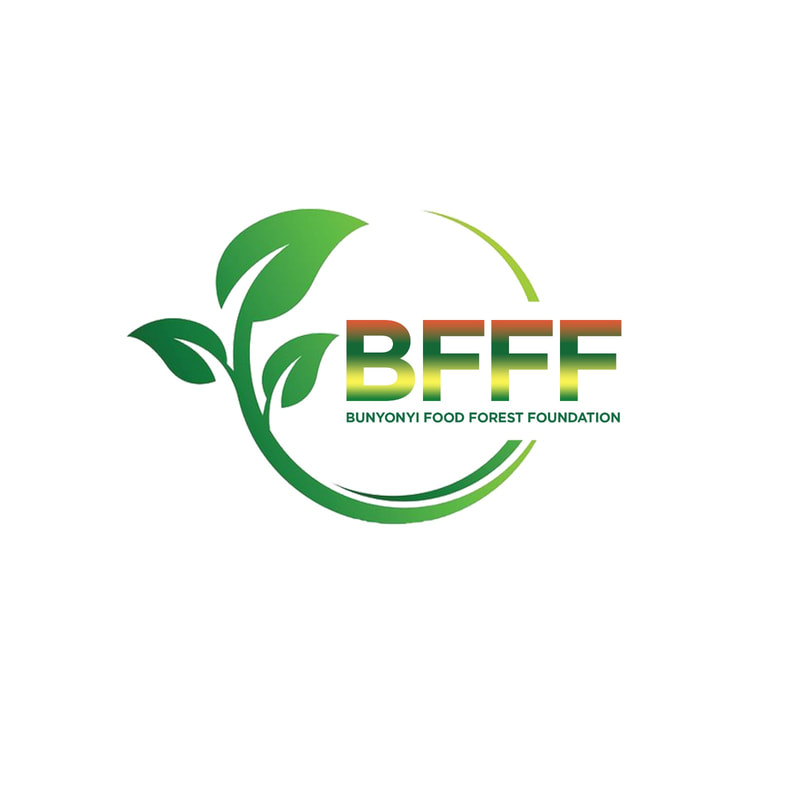Indigenous Knowledge Sharing & Plant Relations
“We miss our strong medicines that we used to take while in the forest, because every time we would take the medicines we would be strong and happy"
– Batwa community member - wild ginger fruit (Afromomum ngamikkenso)
(Minority Rights Group)









